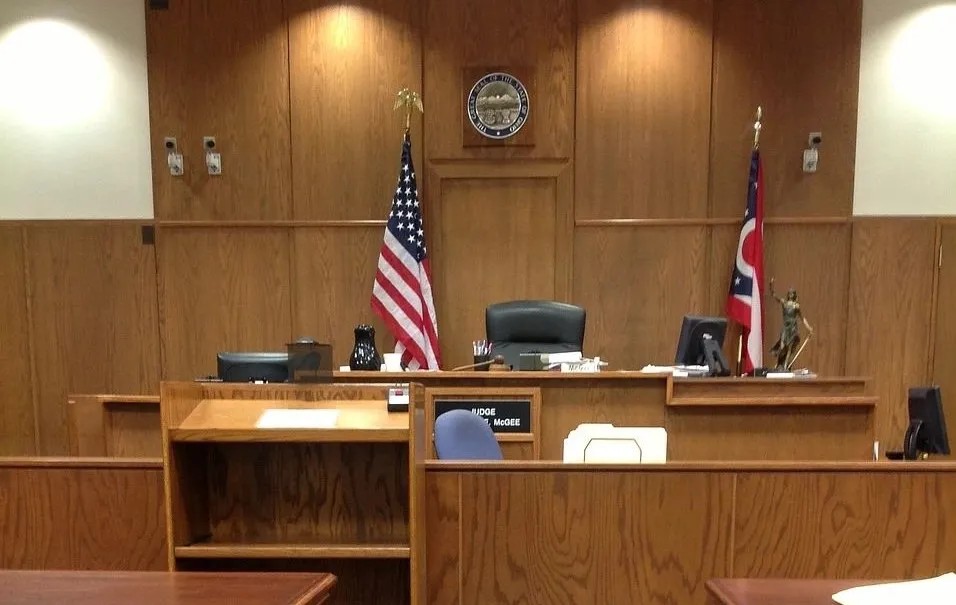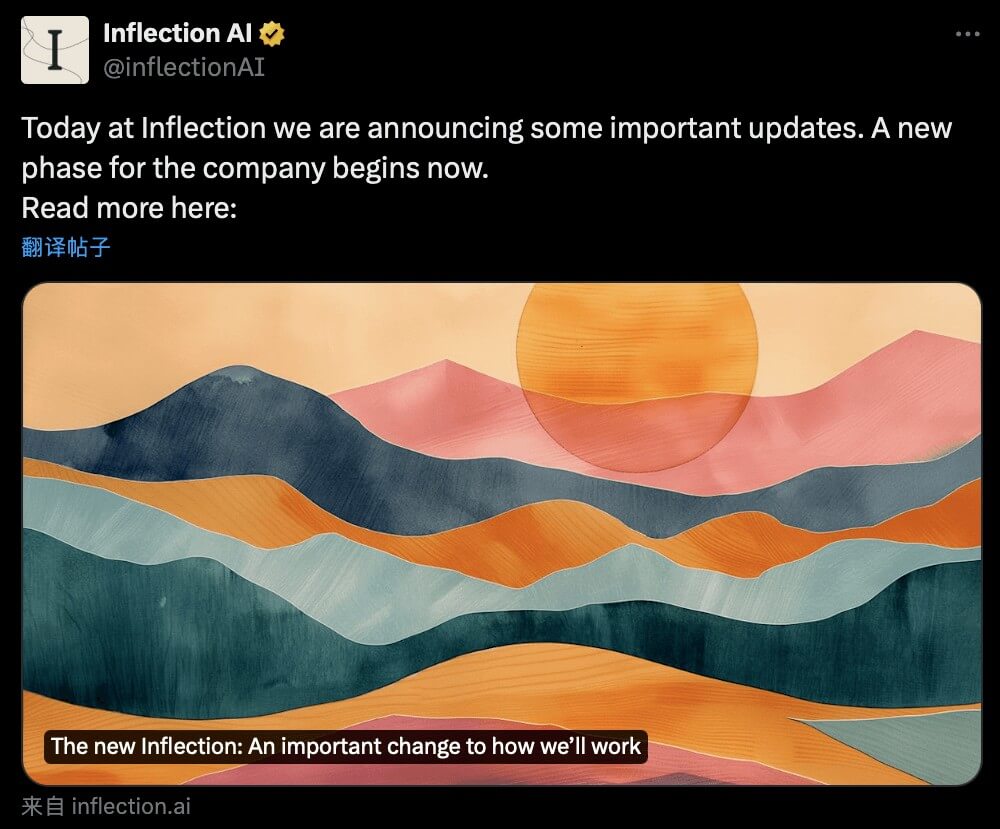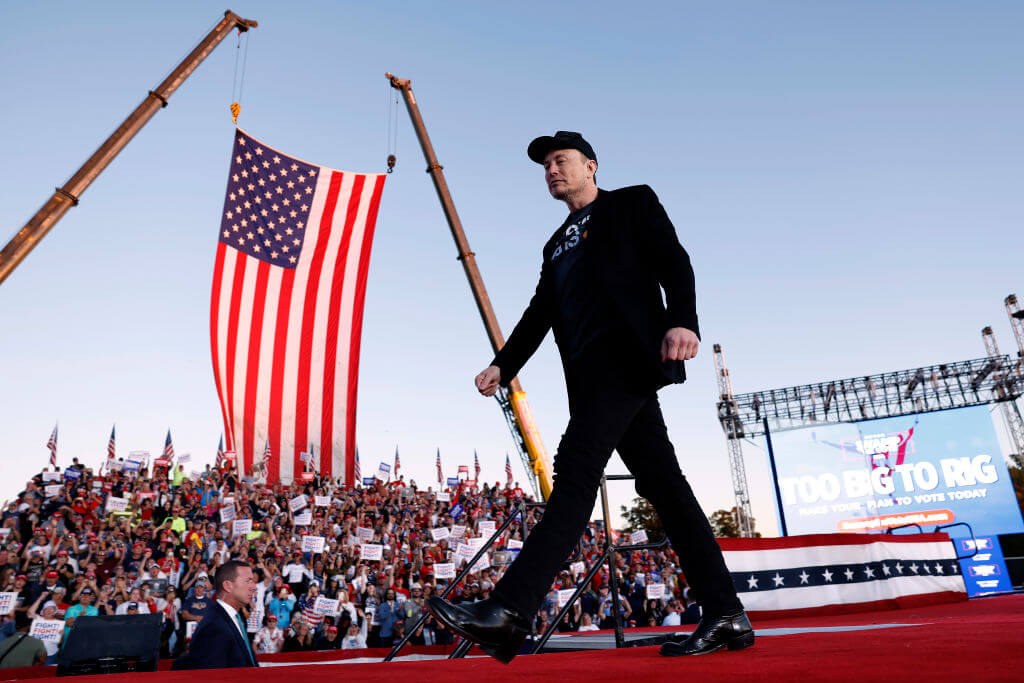Facing an imminent ban in the U.S., TikTok’s parent company ByteDance has one last chance: a favorable Supreme Court ruling by January 19. The road ahead is narrow, and hopes are slim as global scrutiny intensifies.
On December 6 local time, the U.S. Federal Appeals Court in Washington, D.C., issued an unfavorable ruling for TikTok’s parent company, ByteDance. The court determined that the actions of the U.S. Congress and White House in demanding ByteDance sell TikTok—or face a ban in the U.S.—do not violate the First Amendment (freedom of speech) or the Fifth Amendment (equal protection) of the U.S. Constitution. The decision was made unanimously by three judges. They stated that Congress and the White House imposed restrictions on TikTok to protect national security, not to suppress or promote specific content, thereby not infringing on freedom of speech.

Regardless of whether one agrees with the judges’ reasoning, it is clear that TikTok now has only one option left to avoid a U.S. ban: appeal to the Supreme Court and secure a favorable ruling by the January 19 deadline to nullify Congress’s legislation. All other avenues are closed.
Some Chinese media have mistakenly reported that TikTok will have a 45-day “grace period” after the January 19 deadline, or that the next U.S. president might revoke the law entirely. These interpretations reflect a misunderstanding of either the bill itself (or a failure to read it) or the U.S. legal system. Here’s why those interpretations are incorrect:
1. A New President Cannot Overturn Existing Laws
A U.S. president cannot nullify a law that has already been signed and enacted. If each president could unilaterally invalidate their predecessor’s laws, the legislative process would lose all credibility. The presidential transition happens at noon on January 20, but the TikTok law takes effect on January 19. The timing was deliberately set to prevent this issue from being passed to the next administration. To overturn an existing law, a president must prompt Congress to pass a new law repealing the old one—a process that is lengthy and politically challenging.
The TikTok bill initially received overwhelming bipartisan support in Congress. Reversing it through a new law months later would require significant political capital, something no U.S. politician is likely to expend for TikTok. Therefore, unless a miracle occurs, TikTok cannot rely on post-January 20 self-rescue strategies.
2. Misunderstanding the “45-Day Grace Period”
The TikTok law does allow the president to grant ByteDance a grace period of up to 45 days, but only under two conditions:
The decision must be made before January 19.
There must be clear evidence that ByteDance is engaged in substantial negotiations to sell TikTok.
The grace period is intended to facilitate a sale, not to allow ByteDance to avoid selling TikTok. However, ByteDance has firmly declared that TikTok is not for sale. In this context, obtaining a grace period seems highly unlikely.
Furthermore, since the grace period decision must occur before January 19, it falls to the current president to make that call. The current administration has never indicated any intention of granting ByteDance such a reprieve. If no decision is made before January 19, the ban on TikTok will take full effect starting January 20, and the next president will have no authority to alter this outcome.
The Last Hope: The U.S. Supreme Court
Clearly, the Supreme Court represents TikTok’s final lifeline. ByteDance understands this and announced plans to appeal to the Supreme Court immediately after the unfavorable appeals court ruling. However, this path is fraught with challenges, and the odds of success are slim:
The Supreme Court has broad discretion to choose which cases it hears. Of the tens of thousands of cases submitted each year, most are rejected.
Even if the Supreme Court agrees to hear the case, it would need to complete the entire hearing and ruling process by January 19—and rule in TikTok’s favor. This scenario is highly improbable.
The Court could also remand the case back to the appeals court for reconsideration, but the appeals process would need to conclude before January 19 to have any practical effect.
Another potential outcome is that prolonged legal battles result in the Supreme Court eventually ruling in TikTok’s favor months after the ban takes effect. By that time, however, TikTok’s user base in the U.S. could have eroded significantly. Few would expect users to remain loyal under such circumstances. Such a “victory” would be hollow, at best.
What Next?
Beyond hoping for a miracle from the Supreme Court, ByteDance is unlikely to take further action. Selling TikTok is simply not an option. ByteDance has made it clear from the outset that it has no intention of selling. While some speculate that TikTok might be sold to competitors like Meta or Elon Musk, there is no evidence of any negotiations between ByteDance and these parties. Even if reasonable offers were made, ByteDance would neither consider nor accept them. This stance needs no further explanation.
The Broader Implications
Is the worst-case scenario simply losing the U.S. market while retaining other international markets? While the U.S. is undoubtedly the world’s most lucrative and dynamic internet market, it is not the only market. In theory, TikTok could continue to survive and grow elsewhere, albeit with a significantly reduced valuation. However, this perspective may be overly optimistic.
On the same day the U.S. appeals court issued its ruling, the European Union launched a new investigation into TikTok. While this investigation is precautionary and unlikely to lead to a ban, it signals increasing regulatory scrutiny on TikTok worldwide. Similar actions are likely to proliferate.
Before the TikTok law passed, the U.S. had already briefed its allies on the matter. Should ByteDance choose to resist, the U.S. has both the motivation and capacity to pressure its allies into taking unfavorable actions against TikTok. Some U.S. politicians and regulators are likely to pursue such measures, either for strategic gains or to save face.
For Chinese internet companies, the significance of the TikTok case cannot be overstated. It is crucial not only to monitor the outcome in the U.S. but also to assess its potential spillover effects in other countries. Additionally, it is worth noting that the TikTok law can be amended to include other Chinese internet applications. While the risk to other apps may currently seem low, any real risk should not be underestimated.
Miracles are still possible. The Supreme Court, the next president, or the next Congress could theoretically intervene to save TikTok at the last moment, or even after January 20. However, miracles, by definition, are events that are unlikely under normal circumstances. While miracles can happen, no one should rely on them. ByteDance and the broader Chinese internet industry must carefully consider their next steps.






